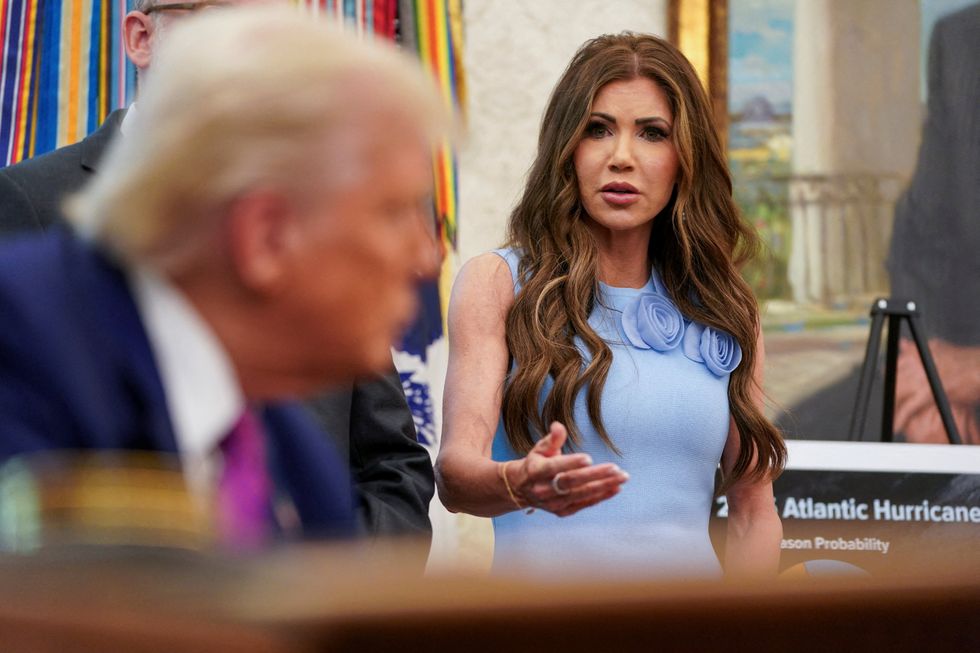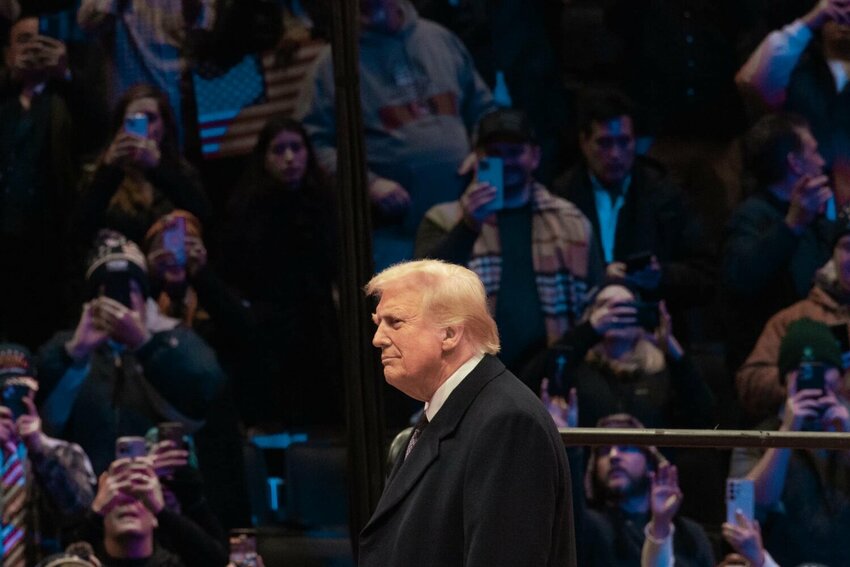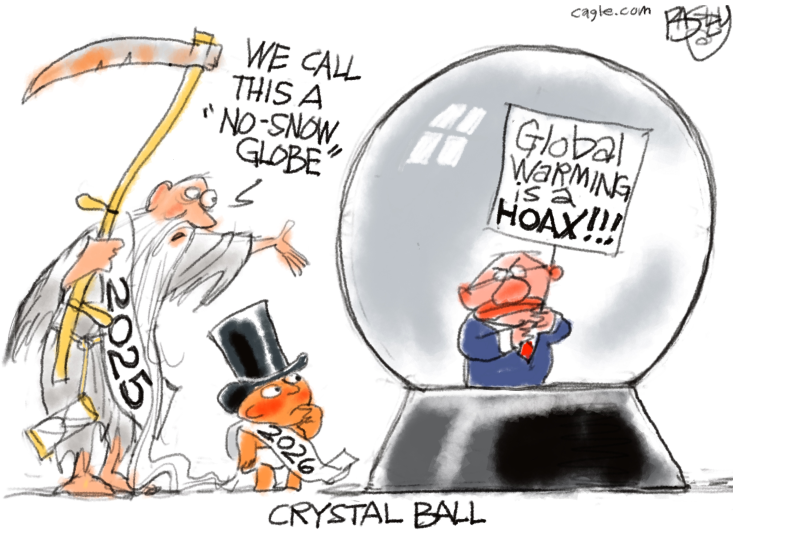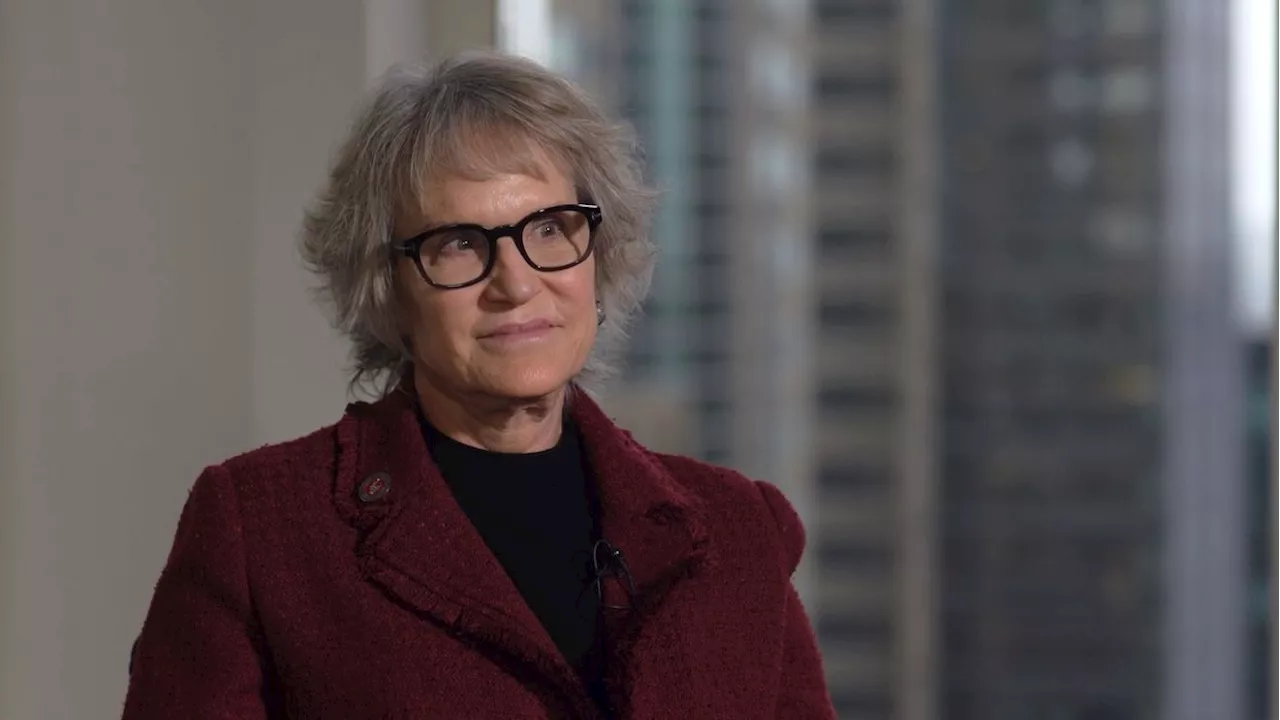
Donald Trump’s recent comments about free speech and media criticism have sparked a heated debate about the implications for political discourse and accountability in the United States. In a striking contradiction to his inaugural promise to protect free expression, Trump now claims that unfavorable media coverage amounts to “illegal” actions against him. His rhetoric raises concerns about the broader implications for freedom of speech and the responsibilities of public figures.
In his inaugural address on January 20, 2021, Trump asserted, “I will also sign an executive order to immediately stop all government censorship and bring back free speech to America.” Just last week, he expressed discontent with media coverage, stating, “The newscasts are against me. They’ll take a great story and they’ll make it bad. See, I think that’s really illegal.” Such statements suggest a selective interpretation of free speech, seemingly prioritizing his interests over a fair dialogue.
Trump’s criticism extended to popular culture, targeting late-night host Jimmy Kimmel. He remarked, “Why would they want someone back who does so poorly, who is not funny, and who puts the Network in jeopardy?” He claimed that Kimmel’s show represented a “major illegal campaign contribution,” despite the fact that Kimmel’s viewership reached 14 million YouTube views according to The Hollywood Reporter. This contradiction highlights a troubling pattern where Trump’s definition of free speech appears contingent on whether it aligns with his narrative.
The context surrounding these comments is critical. Following a tragic event involving the shooting of a conservative figure, allegations were made connecting the shooter, Tyler Robinson, to left-wing ideologies. However, investigations have not substantiated these claims. As reported by NBC News, “There is no evidence connecting the suspect with any left-wing groups.” This information underscores the potential dangers of equating political speech with violence, an approach adopted by the Trump administration.
In the wake of a shooting at an ICE facility in Dallas, where all victims were detainees, Trump’s administration quickly suggested a leftist motivation for the incident. Vice President JD Vance stated, “This obsessive attack on law enforcement, particularly ICE, must stop,” while Kristi Noem, Secretary of Homeland Security, emphasized the need for protection against perceived threats. Yet, the evidence remained scarce, reflecting a tendency to politicize violence without concrete proof.
The administration’s rhetoric raises troubling questions about its commitment to truth and accountability. In a striking statement, Noem claimed ICE agents are “simply enforcing the law,” failing to acknowledge accusations of their own illegal practices, such as holding a five-year-old girl in custody to pursue her father, who has lived in the country for two decades. This contradiction highlights the complexities of immigration enforcement and the potential for misuse of power.
Moreover, the recent announcement that ICE would disregard California’s law prohibiting federal agents from wearing masks indicates a willingness to circumvent state regulations under the guise of law enforcement. Such actions prompt concerns about the administration’s genuine respect for individual liberties and civil rights.
As the administration continues to navigate a challenging political landscape, its disregard for the truth and selective application of principles such as free speech pose significant risks. While Trump and his allies assert they are protecting American values, the implications of their rhetoric suggest a troubling trend toward stifling dissent and redefining accountability.
In conclusion, the administration’s approach raises vital questions about the future of political discourse in the United States. Trump’s words and actions indicate a focus on outcomes rather than truth, which has the potential to undermine the democratic principles he claims to uphold.







